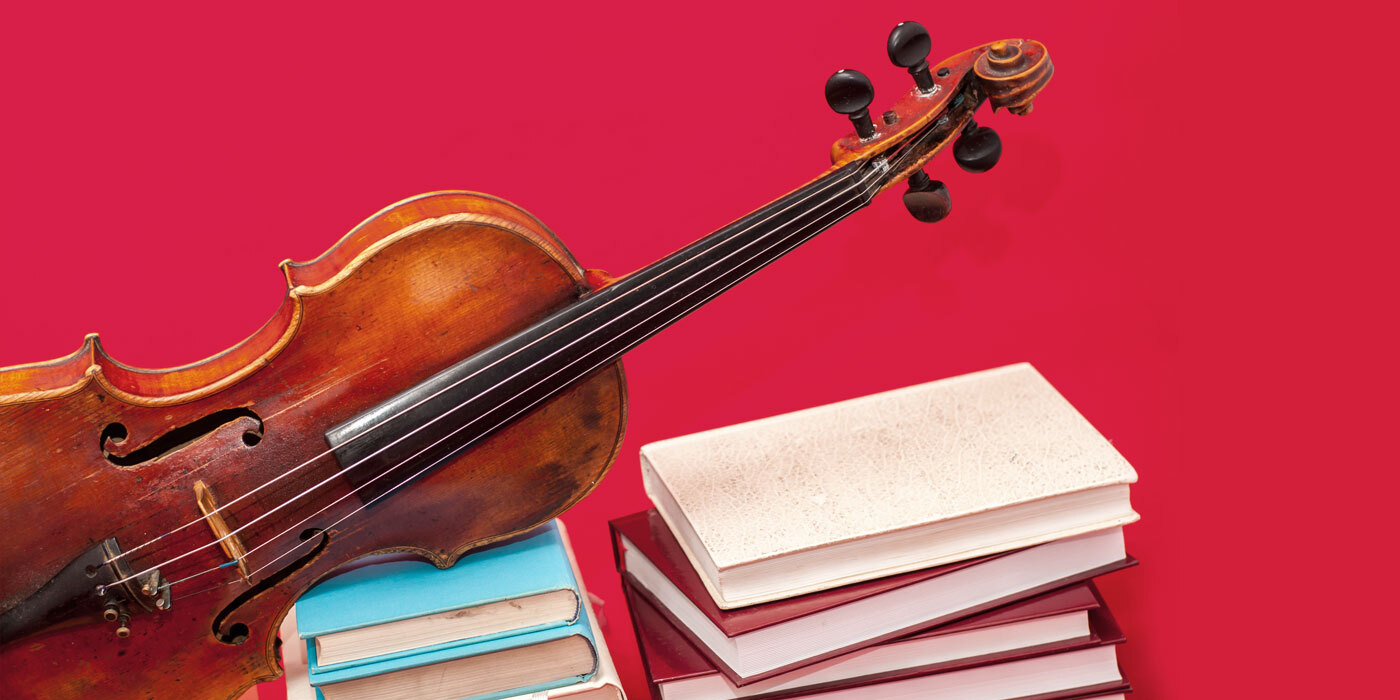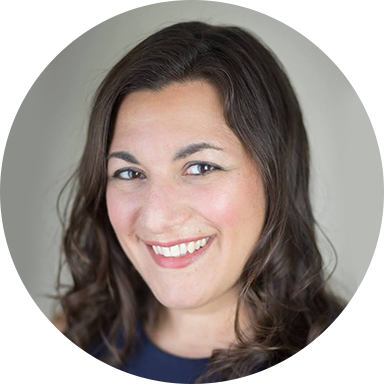
Music is an essential part of every child’s education. Truthfully, it’s a fundamental part of the human experience. Scholars, poets, and philosophers throughout history have praised music as being one of the highest forms of art. According to Plato, music is a moral law, and he certainly knew what he was talking about! If it is such a regarded discipline, then why do music teachers have to consistently advocate to maintain high quality music programs in schools? Why do we frequently see music on the chopping block when tough district financial decisions need to be made? The answers to these questions are part of a very complicated puzzle that looks slightly different in each district. However, problems frequently arise because of two main reasons: assumptions and blind spots.
Assumptions
We often take for granted that everyone understands the benefits of a high quality music education when in reality, they don’t. There are many assumptions that we make, which is sometimes why it might seem as if we are speaking a different language that teachers or administrators just can’t understand. Chip Heath and Dan Heath call this the “Curse of Knowledge” in their book Made to Stick. The idea is that once we know something, we often times forget what it’s like to not know it. As a result, we make assumptions based on the false notion that everyone shares our knowledge. These assumptions can be fatal in a conversation about advocacy. The way to overcome this “curse” is to create a shared understanding using common language and acknowledging potential blind spots.
Blind Spots
Blind spots exist because people are generally unaware of what they cannot see. Everybody has blind spots. The key is to identify the gaps in understanding. When a situation arises, the decision-makers at school are usually not maliciously cutting a program. Instead, it’s more often because they don’t fully recognize the value of what they are potentially taking away. It is very difficult to know what you don’t know. Believe me, I know! Sometimes people are misinformed, or perhaps looking at data (or a lack of data) that only supports their point of view. It is likely that they aren’t even sure what questions to ask for further understanding.
Believe it or not, we as music teachers have blind spots too! It’s important to remember that our immediate perceptions usually don’t provide a complete picture. Administrators have a lot to think about and while our music programs are our first priority, they probably aren’t theirs. When we acknowledge potential blind spots, including our own, it will generally lead to a more productive conversation.
Practice the Language
Speaking the language of advocacy takes practice. But lucky for us, we are musicians and practice is something we understand very well. Find a trusted friend or colleague and go through your talking points out loud. It could be even more valuable if this person is not a music teacher so she can help you identify areas that need more clarification or bring up questions that may not be obvious to you. This might sound silly, but in a high stakes conversation you need to be able to speak with confidence. It can be helpful to look for ideas from recent articles right here on the Alfred blog or the webpage from your state organization. Nafme.org also has a tremendous amount of resources about advocacy. While you don’t have to memorize a speech, you should at least have a few ideas that you are very comfortable talking about.
It is also useful to know the statistics and raw numbers of your program. If you say, “Our music program has a high participation rate,” this is a very subjective statement. It might be true, but again, remembering that the person with whom you are speaking potentially has blind spots in their understanding, it would be more helpful to say something more specific. For example, “44% of the junior high school participated in the concert last spring, and we are anticipating an increase as we go into next year.” Become familiar with the number of participants in your classes and ensembles and have a good idea as to where you want to grow.
Bridging the Gap
Advocacy does not just happen at a school board meeting on the night of an important financial decision. Advocacy should take place all of the time. An important part of our job as music teachers is to communicate to our administrators, community members, colleagues, parents, and students about the benefits of music education. The good news is we have a platform for advocacy every time we have a concert. We literally have a captive audience waiting to hear our message about the importance of music education. Make it count.
Here are some strategies to use at a concert:
- Explain how music rehearsals foster lifelong skills.
- Include an infographic in your program about the benefits of participation in music using specific facts and statistics.
- Have a student share a story with the audience about his experience in a music class or ensemble and how it has affected his life.
- Thank your audience for supporting their children’s music education. Explain how this support is an investment in their children’s cognitive, social, and emotional development.
- Create accessible opportunities for parents and community members to help with the concert.
- Include an element of audience participation during a song.
- Share future opportunities that the students have within your music department.
- Put an ad in the paper about your upcoming performances and invite the community to attend.
To be clear, advocating at a concert is only one way to spread the word about the importance of music education. Great advocacy happens all of the time, even in your everyday interactions with students, parents, and administrators. Find opportunities to educate your community whenever you can, and as often as you can. A clear, consistent, repeated message will create the common ground that can help eliminate the blind spots and assumptions that can get in the way. Educate to empower people to become advocates themselves, so if (or when) there are district financial concerns, no one would consider cutting your music program.
Article originally published on alfred.com
